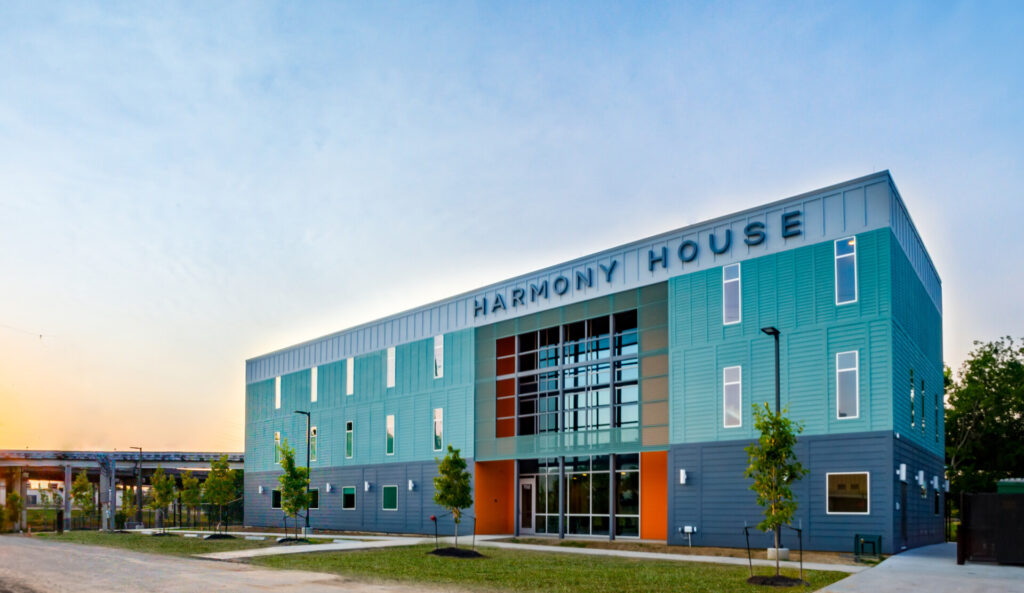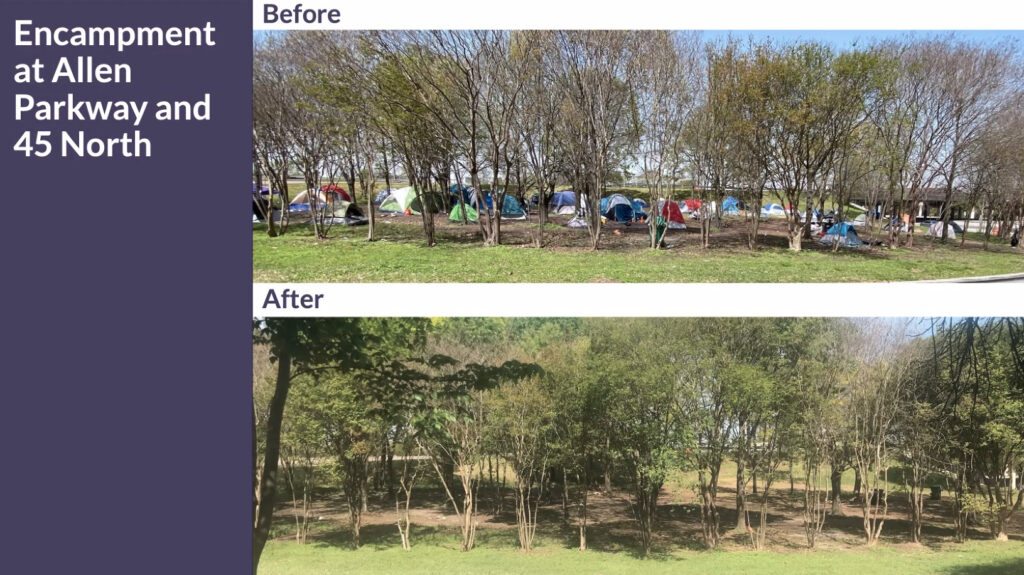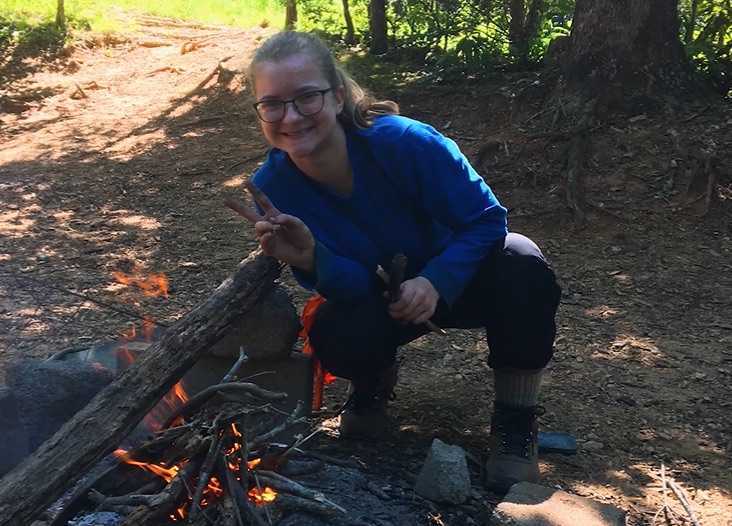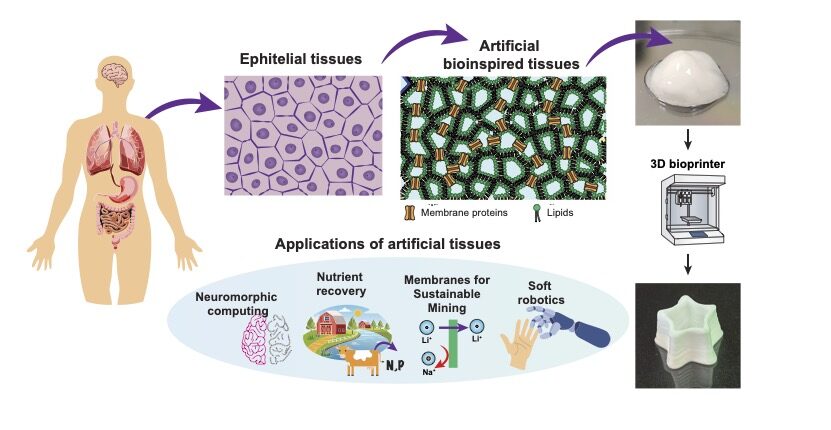WoodNext’s staff aims to visit our grantees when we can to better understand their work and find additional ways to support them. We recently spent a couple of days in Texas visiting grantees who are helping people experiencing homelessness. One of the WoodNext Foundation’s priorities is to provide support to these individuals to help them become more self-sufficient. The four projects we feature below are addressing barriers such as mental health conditions and lack of access to temporary housing to help individuals get on their feet and return to work.
Homelessness is a widespread problem with many causes. Some individuals are temporarily homeless due to a catastrophic event or major life change. Others may be dealing with episodic or chronic homelessness, often accompanied by additional conditions such as mental health issues and/or addiction. Our giving aims to promote self-reliance in individuals who desire to achieve improved financial and emotional stability.
Houston: Dorm for Working Men Experiencing Homelessness

Our grant to Harmony House in Houston helped complete the construction of a new dorm for men who are employed but experiencing homelessness. Men pay $13/night to stay at this dorm until they can afford more permanent housing, and the rental fees cover the dorm’s operating expenses. The dorm has 128 beds and an onsite health clinic. The dorm opened May of 2022, with the Mayor of Houston attending the ribbon cutting.
Austin: Connecting Youth Experiencing Homelessness to Work
Our grant to LifeWorks Austin enabled it to support nearly 300 homeless youth to successfully obtain employment. This grant aims to build LifeWorks’s successful workforce development programming by adding an additional employment specialist and two new case managers who connect youth to wraparound supports, such as counseling, housing, and basic assistance. LifeWorks Austin’s Individual Placement Support (IPS) approach directly addresses mental health challenges that youth may face in retaining employment.
Austin: Homelessness Prevention
One way to address homelessness is to prevent people from becoming homeless in the first place. We made a grant to Austin Ending Community Homeless Coalition (ECHO), which coordinates all the nonprofits in the city working on homelessness. The grant enables ECHO to work with its partners on “homelessness diversion,” a process whereby people on the brink of becoming homeless receive time-limited emergency assistance to find stable housing without having to formally enroll in a program. This assistance can take many forms: advice or other problem-solving support, transportation to reunite with family members, one-time financial support for rent, and more. This approach has proven cost-effective in significantly reducing homeless shelter demand. Houston recently piloted a diversion program and 89% of participating individuals never formally entered the homelessness response system.
Houston: Support for Citywide Homelessness Efforts

We made a general support grant to the Coalition for the Homeless of Houston/Harris County, the umbrella organization that coordinates Houston nonprofits working on reducing and preventing homelessness. Since January 2021, the Coalition and its partners have decommissioned 56 homeless encampments across the city, which entails offering and voluntarily moving individuals in camps into housing. (See photo above.) These efforts have been so successful that the U.S. Department of Housing and Urban Development (HUD) will include lessons from Houston in HUD’s encampment decommissioning manual.
Although our geographic focus is mainly on Texas and the South, we have also supported organizations addressing homelessness in other regions, including Brother Benno’s in Oceanside, California; Great Falls Rescue Mission in North Central Montana; Boulder Shelter for the Homeless in Boulder, Colorado; and Reno Sparks Gospel Mission in Reno, Nevada.



